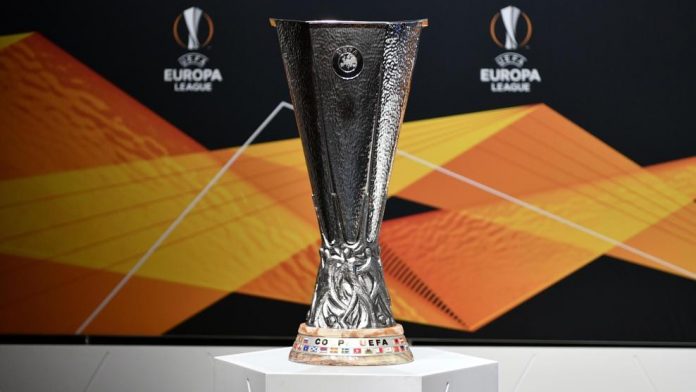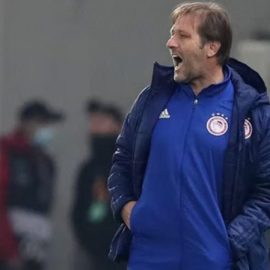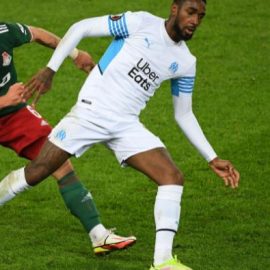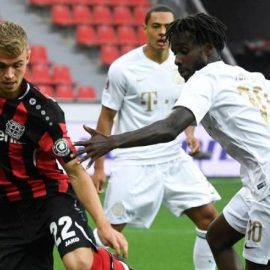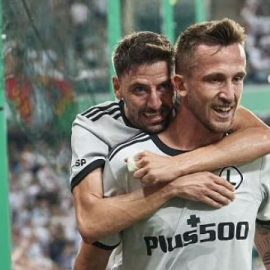The best way to ruin a club is to take away the profit made from European competitions; so many clubs depend on it so much that if taken away, they could easily go bankrupt.
If during a season a club earns 25 million Euros from the Champions league, then the next it earns zero, it won’t be spending much money in the transfer market. And even with the money earned from the Champions League, clubs still overspend and dig themselves into holes of debt.
Now Platini would like to revolutionize European football, turn the dirty and relatively hidden debts into a clean balance in which you only spend as much as you earn. The problem is, if you don’t do what the Frenchman says, you won’t get to play in European competitions.
The amount of money that clubs earn from the Champions League and the Europa League are incredible. This past season there were 746.4 million Euros distributed to clubs participating in the Champions League. Of these 746.4 million, almost 49 went to the winner, Inter Milan.
After the Italian club, Manchester United earned 45.8 million, Bayern Munich earned 44.8 million, Barcelona earned 39 million, Chelsea earned 33 million, and Arsenal earned 32 million. Astounding figures that slightly decrease until you arrive to the likes of Stuttgart who earned about 10.5 million.
Platini now says that if you don’t comply within UEFA’s financial fair play rulings, then you won’t be earning much-needed Champions League money to buy that new player you wanted. But Michel understands that he can’t expect all clubs to be debt free tomorrow, instead starting from the 2011-2012 season, clubs will have to be careful about what they spend.
But it’s important to understand what Platini counts as “deficit”, building a new stadium, or investing in youth academies isn’t counted as deficit, while buying players and paying their wages will.
Michel Platini’s dream would be to have no deficit by 2017, but before that football-utopia exists, there will be two three-year periods which will be used to regulate deficit, the first being from 2011-2014, and the second being 2014-2017. During the first of these two periods, clubs will only be allowed to have a total deficit of 45 million Euros, this means that the first two years you can spend 100 million, but in the third you need to recuperate 55 million to remain within the 45 million limit.
In the second period, the total deficit allowed will be reduced to 30 million Euros during the three year period, preparing clubs for the challenge of reaching no deficit.
The deficit that is accumulated during the three-year periods will be balanced by either increases in capital or “donations”. Donations aren’t loans, they are gifts, something which stays forever and doesn’t need to be returned, helping the clubs reach financial equilibrium without having to worry about paying anyone back. This way the clubs won’t be digging themselves into holes with more and more debts.
The end result of this should be achieved by 2017, when for a final three-year period clubs will only spend what they’ve earned, hopefully finishing with no deficit, and maybe even some profit.
But don’t think that there will be easy ways of getting around UEFA’s financial lock-down, there will be a group of experts which will be watching for things like fake mega-sponsors from the club owner who couldn’t donate the amount of money needed. And if the owners are caught trying to do this, then there will be fines, penalties, and even exclusions from European competitions.
All of this big plan organized by a small Frenchman rotates around the key concept of financial fair-play, a hope that one day European football will be without the massive debts that currently exist.
Right now, the debts between the clubs within the top leagues of England, Spain, Italy, Germany, and France is 5.5 billion Euros. That’s a lot of debt to reduce by 2017, the problem is, if you can’t, things could take a turn for the worse, just ask Mallorca fans about that.
Add Sportslens to your Google News Feed!
